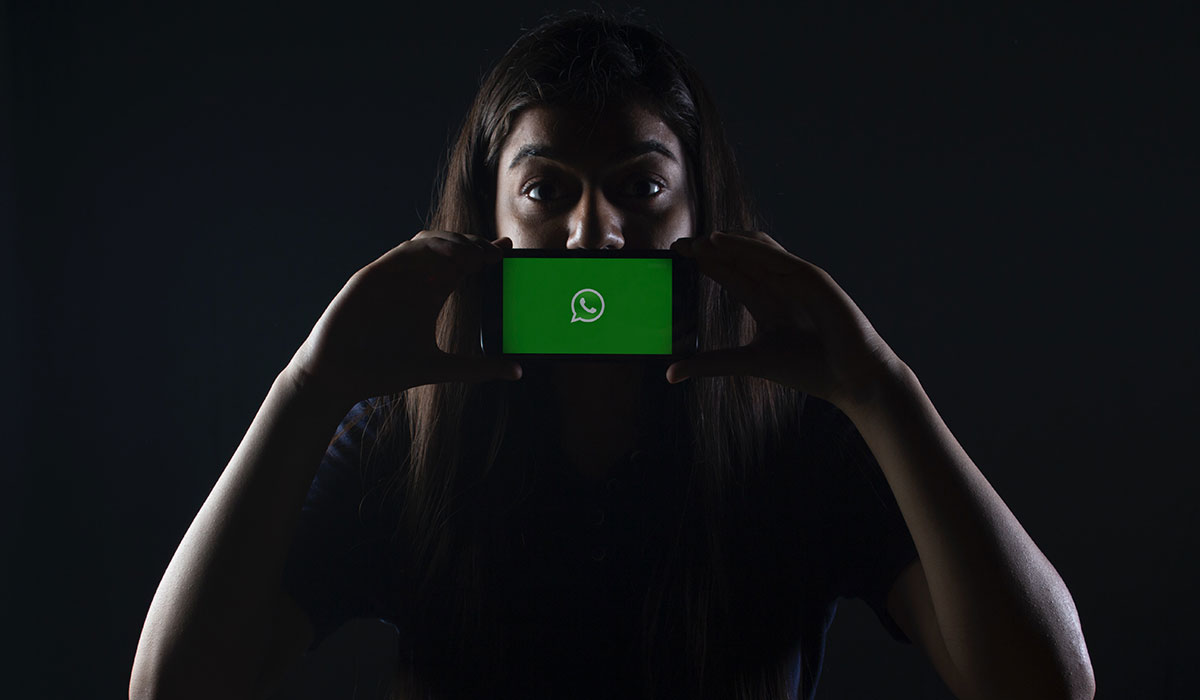Lately the number of attempted scams via the encrypted messaging app appear to be increasing.
In late February 2022, Namibia Fact Check received an out-of-the-blue message on WhatsApp that clearly smacked of being a typical online scam.
The latest version is just another attempt at the ‘Covid-19 Compensation Fund’ scam that has been circulating since the second half of 2020.
The message has all the tell-tale signs of scam message to entice the receiver to respond:
- Bad grammar and spelling mistakes
- Promises of large amounts of money to be paid out by a global financial institution
- An unofficial-looking email address
The message purports to come from the “HSBC Bank of United Kingdom in Manchester”, but both the cell-phone number by which the message was received and the cell-phone number to which the receiver is requested to direct their response are South African cell-phone numbers, even though the message directs the receiver to send their response to someone in “England United Kingdom” .

The full scam message reads:
Attention Dear Beneficiary ,
I am Mr. Nathaniel Ken Financial Officer from HSBC Bank of United Kingdom in Manchester. I was directed by HSBC Bank of UK in collaboration with United Nation to pay the sum of £350000.00 to you as your Compensation Fund due to Covid-19 pandemic and other transaction you were engaged in the past and spent your hard earn money, efforts and finally did not receive the fund.
Kindly respond to this message in other to direct you on how you will receive the fund by Bank Wire Transfer to any of your nominated bank account within 5 working days without any further delay.
Contact details: for you to receive your Compensation fund contact with Dr. Kuben Naidoo,
Name: Dr. Kuben Naidoo
Email: transferdepartment.res@webmail.co.za
For more information Line call : +27810007889
Regards
Mr. Nathaniel Ken
(Financial Officer)
England United Kingdom
Since receiving this message it has come to Namibia Fact Check’s attention that others have received the same or a similar unsolicited message. Scammers are increasingly infiltrating WhatsApp groups and are scraping cell-phone numbers, then individually targeting those numbers with their scam messages.
Social media users are warned not to respond to these sorts of unsolicited messages offering payments or payouts. The aim of these scams is to steal the personal information of the target when they respond and provide all sorts of personal information.

